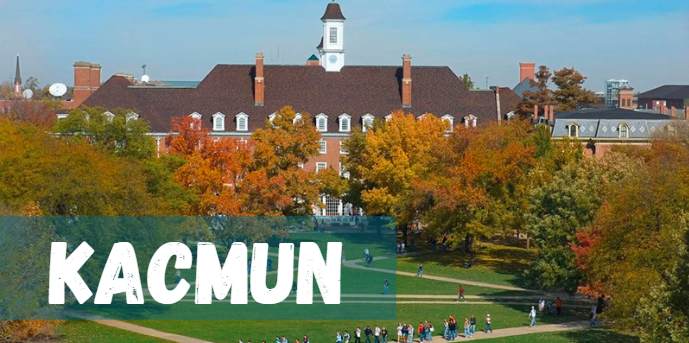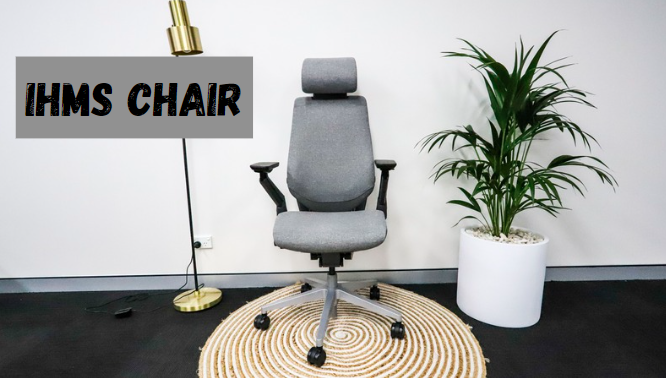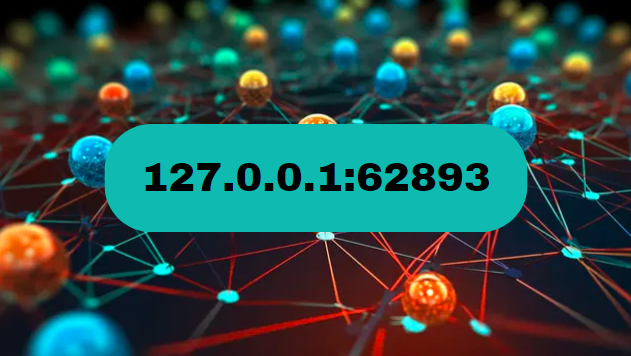Kacmun, or the Korea Asia Center Model United Nations, stands as one of the most prestigious and largest high school Model United Nations (MUN) conferences held annually in the Asia region.
This esteemed event draws participants from across the globe, providing an unparalleled platform for high school students to engage in diplomatic simulation and to foster skills in public speaking, negotiation, and international relations.
Contents
Introduction to Kacmun
What is Kacmun?
Kacmun is a premier high school MUN conference that gathers students from various countries to simulate the workings of the United Nations. Participants, often referred to as delegates, represent different countries and work together in committees to debate and resolve global issues.
The Significance of Kacmun
Kacmun is not just an educational event; it’s a transformative experience. It empowers young minds to think critically about world issues, promotes cultural understanding, and nurtures future leaders. The conference’s prestige and scale make it a highlight on the academic calendar for many students interested in diplomacy, politics, and global affairs.
History and Evolution of Kacmun
Origins of Kacmun
Kacmun was established to provide a comprehensive platform for high school students to delve into the intricacies of international diplomacy and to simulate real-world problem-solving within the UN framework. Over the years, it has grown exponentially, attracting participants from a diverse array of countries.
Growth and Expansion
From its humble beginnings, Kacmun has expanded both in terms of the number of participants and the complexity of the issues discussed. The conference now includes a wide range of committees, each focusing on specific global challenges, from human rights to economic development.
Structure and Organization of Kacmun
Committees and Agendas
Kacmun features a variety of committees, each mirroring a real UN body. Some of the most prominent committees include:
- General Assembly (GA)
- Security Council (SC)
- Economic and Social Council (ECOSOC)
- Human Rights Council (HRC)
- World Health Organization (WHO)
Each committee addresses pertinent issues relevant to their mandate, offering delegates the opportunity to research and debate topics that impact the global community.
Role of the Secretariat
The Secretariat, consisting of experienced MUN participants and educators, plays a crucial role in organizing Kacmun. They are responsible for setting the conference agenda, coordinating logistics, and ensuring that the event runs smoothly.
Delegate Preparation
Preparation is key to the success of Kacmun. Delegates spend months researching their assigned countries and topics, crafting position papers, and honing their debate skills. This preparation ensures that participants can engage meaningfully in discussions and contribute to the drafting of resolutions.
The Impact of Kacmun on Participants
Skill Development
Kacmun is a breeding ground for essential life skills. Participants develop:
- Public Speaking: Delivering speeches and debating in front of peers hones their oratory skills.
- Negotiation: Working towards consensus on complex issues teaches the art of negotiation.
- Research and Writing: Preparing position papers and drafting resolutions enhances research and writing capabilities.
- Critical Thinking: Analyzing global issues from multiple perspectives fosters critical thinking.
Networking Opportunities
Kacmun provides a unique platform for students to network with peers from around the world. These connections often extend beyond the conference, fostering long-term friendships and professional relationships.
Cultural Exchange
With participants hailing from diverse backgrounds, Kacmun is a melting pot of cultures. Delegates gain a deeper understanding of different perspectives and cultural norms, promoting global citizenship.
The Conference Experience
Opening and Closing Ceremonies
Kacmun begins with an opening ceremony that sets the tone for the conference. Distinguished speakers, including diplomats and UN officials, often grace the event, sharing their insights on global issues. The closing ceremony celebrates the achievements of the delegates, with awards given to outstanding participants.
Committee Sessions
Committee sessions are the heart of Kacmun. Over several days, delegates engage in intense debates, negotiate resolutions, and work towards finding common ground on contentious issues. These sessions are structured to mimic real UN proceedings, providing a realistic diplomatic experience.
Social Events and Cultural Programs
Kacmun is not all work and no play. The conference includes social events and cultural programs that allow delegates to unwind and build camaraderie. These events often showcase the rich cultural heritage of the host country, adding a unique dimension to the conference experience.
Preparing for Kacmun
Research and Position Papers
Delegates must thoroughly research their assigned countries and topics. Position papers, outlining each country’s stance on the issues, are submitted before the conference. These papers serve as the foundation for debate and negotiation.
Practice Debates
Many schools conduct practice debates to prepare delegates for the rigorous discussions at Kacmun. These sessions help students refine their arguments and become comfortable with the MUN format.
Understanding Rules of Procedure
Kacmun follows specific rules of procedure, which govern the flow of debate. Delegates must familiarize themselves with these rules to participate effectively.
Kacmun’s Influence on Future Careers
Pathway to Diplomacy and International Relations
For many participants, Kacmun is the first step towards a career in diplomacy or international relations. The skills and experiences gained at the conference often inspire students to pursue further studies and careers in these fields.
Alumni Success Stories
Kacmun boasts an impressive list of alumni who have gone on to achieve significant success in various fields. Many former delegates credit their Kacmun experience with shaping their career paths and providing invaluable skills.
FAQs about Kacmun
What makes Kacmun unique compared to other MUN conferences?
Kacmun’s scale, diversity of participants, and high level of organization set it apart from other MUN conferences. Its emphasis on realistic UN simulations and the inclusion of cultural exchange programs add to its distinctiveness.
How can students apply to participate in Kacmun?
Interested students can apply through their schools or directly via the Kacmun website. The application process typically includes submitting a statement of interest and any relevant experience in MUN or related activities.
What are some tips for first-time Kacmun participants?
- Prepare Thoroughly: Research your country and topics extensively.
- Practice Public Speaking: Get comfortable speaking in front of an audience.
- Engage Actively: Participate in debates and negotiations with confidence.
- Network: Take advantage of the opportunity to meet and connect with peers from around the world.
How is Kacmun adapting to the challenges posed by the COVID-19 pandemic?
Kacmun has implemented virtual conference options to ensure that students can still participate despite travel restrictions. These virtual conferences maintain the same level of engagement and interaction as in-person events.
Conclusion
Kacmun is more than just a high school conference; it is a transformative experience that shapes the minds and careers of its participants. Through rigorous debate, cultural exchange, and the fostering of essential skills, Kacmun prepares the next generation of leaders to tackle the world’s most pressing issues.
As it continues to grow and evolve, Kacmun remains a beacon of excellence in the realm of Model United Nations conferences, offering an unparalleled platform for young minds to make a difference on a global stage.




